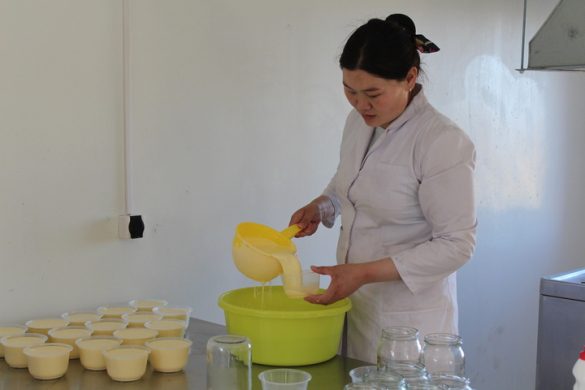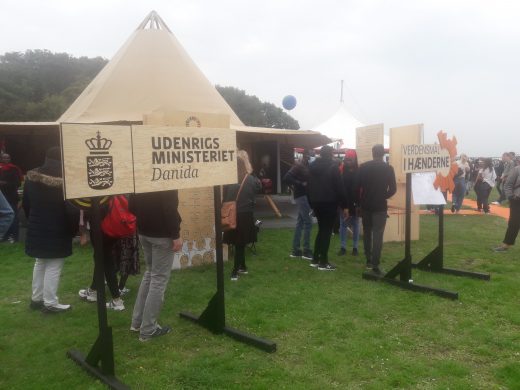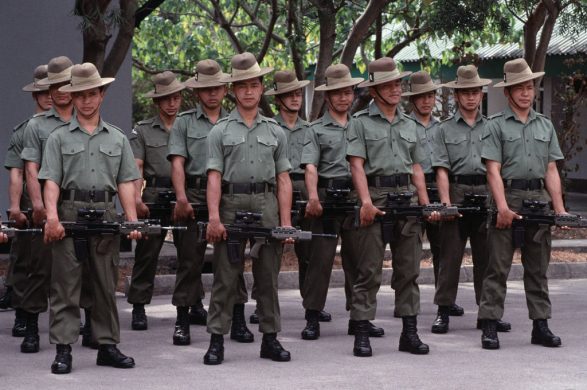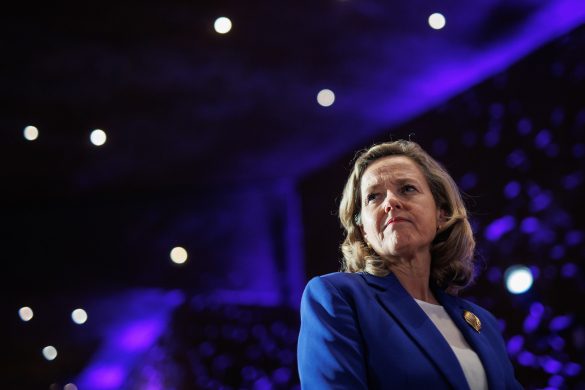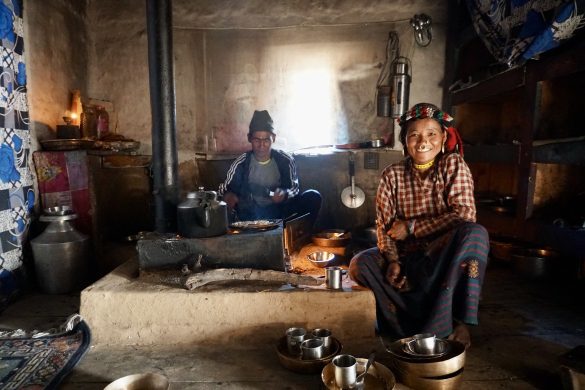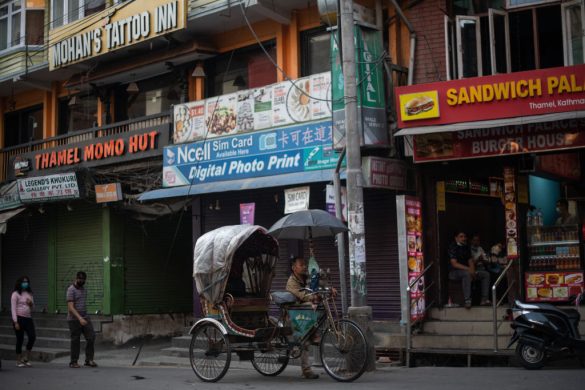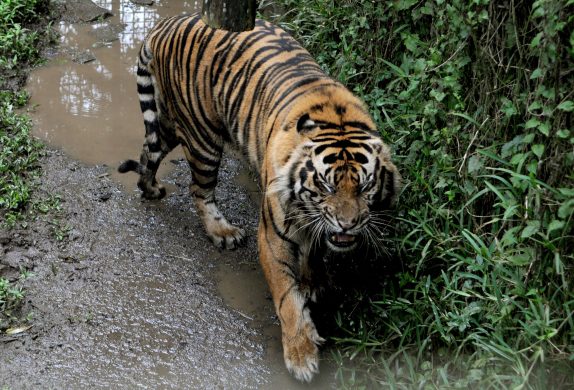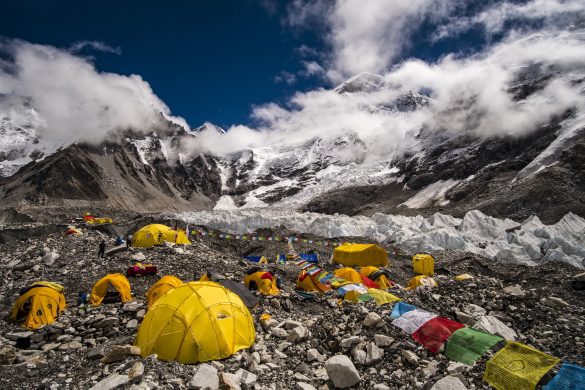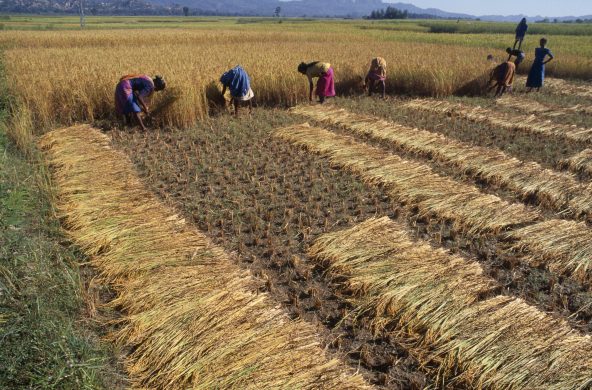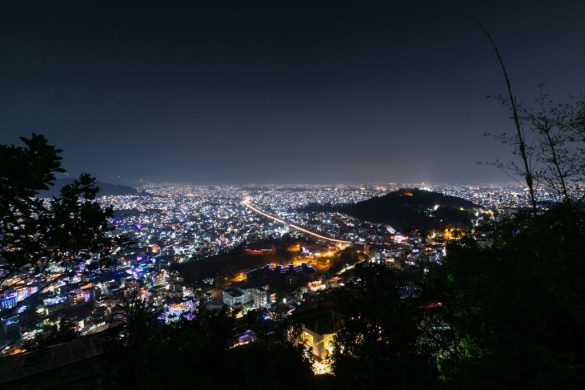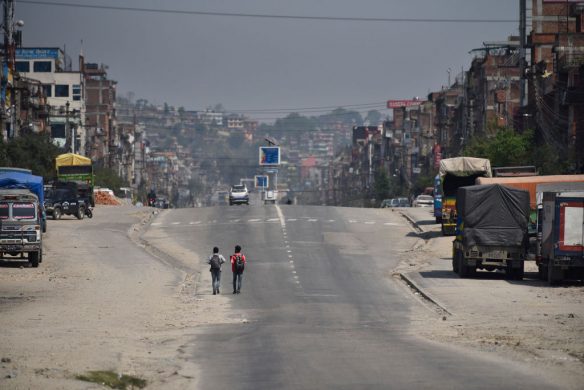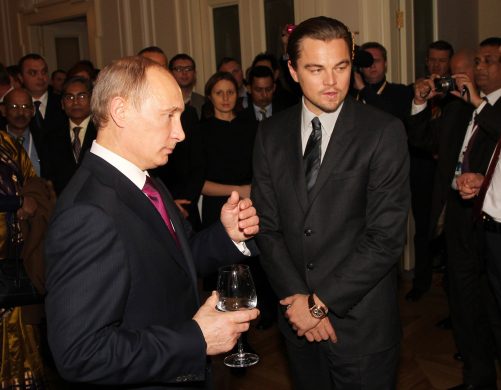Like many other things in life, you don’t know how important press freedom is until someone takes it away from you. Freedom of expression is such a wholesome concept no-one could possibly be against it.
Yet press freedom is threatened around the world, and not just in totalitarian states. There are many myths about press freedom, and another one is that it protects the rights of journalists. Not so. Freedom of expression is actually the right of all citizens, journalists are just the defenders of the public’s right to know.
For many of us doing day-to-day journalism in fragile states and transitional democracies press freedom is not just an ideal. In Nepal, our publication has been threatened by both the extreme left and the extreme right for upholding the values of press freedom, democracy and non-violence.
In December 2008, our office was vandalised by goons belonging to the ruling party who physically assaulted staff members and me. The attack on our publication was trivial compared to what journalists in Nepal and other parts of the world have to face in their pursuit of independent journalism.
As a jury member of the Guillermo Cano-UNESCO Press Freedom Award for five years in the 2000s, I was struck by the courage and fortitude shown by many nominees from all over the world in their pursuit of the truth. Some paid for it with their lives, others were gravely wounded, and many were tortured and imprisoned.
The other myth about press freedom is that it is threatened only in repressive states. In fact in democracies, too, civil society and media have to be vigilant about the media being squeezed by politicians, state institutions and the market.
In these countries the media is part of the political-industrial complex where the press is often used to propel politicians to power.
Demagogues get elected because their jingoism and populism is magnified by a media beholden to them, and when they assume office they proceed to dismantle the very institutions that got them elected so as to perpetuate their rule.
Press freedom and democracy are two sides of the same coin. If one is weak, the other side is also weakened. An independent, strong media supports democracy and vice versa. Over-commercialisation of the media industry has also led to what John Pilger calls ‘censorship by exclusion’ where negative, unpalatable news are dropped because of advertising pressure. Thus the public service role of media is severely undermined.
In Nepal, when an autocratic regime tried to censor our newspaper we went to press with white spaces where the paragraphs were expunged.
Radio stations that were ordered not to broadcast news, only music, started defiantly singing the news from their studios Press freedom doesn’t come with any warranty; it has to be defended by its maximum application even in countries with long traditions of free press.
Threats to media freedom don’t just come from tyrants and dictators, they come from owners who see it as just another business, from under-motivated journalists, and publishers who prefer trivia because it is cheaper and safer than doing serious in-depth journalism.
Chapter from the publication ‘Pressing for Freedom: 20 Years of World Press Freedom Day’ issued by UNESCO for the Press Freedom Day (Verdens Pressefrihedsdag) commemoration in Costa Rica on 3 May 2013.
Kunda Dixit er journalist og udgiver af Nepali Times. Han blogger under rubrikken ”eastwest with Kunda Dixit”. U-landnyt.dk kan efter aftale frit gengive fra Nepali Times.


